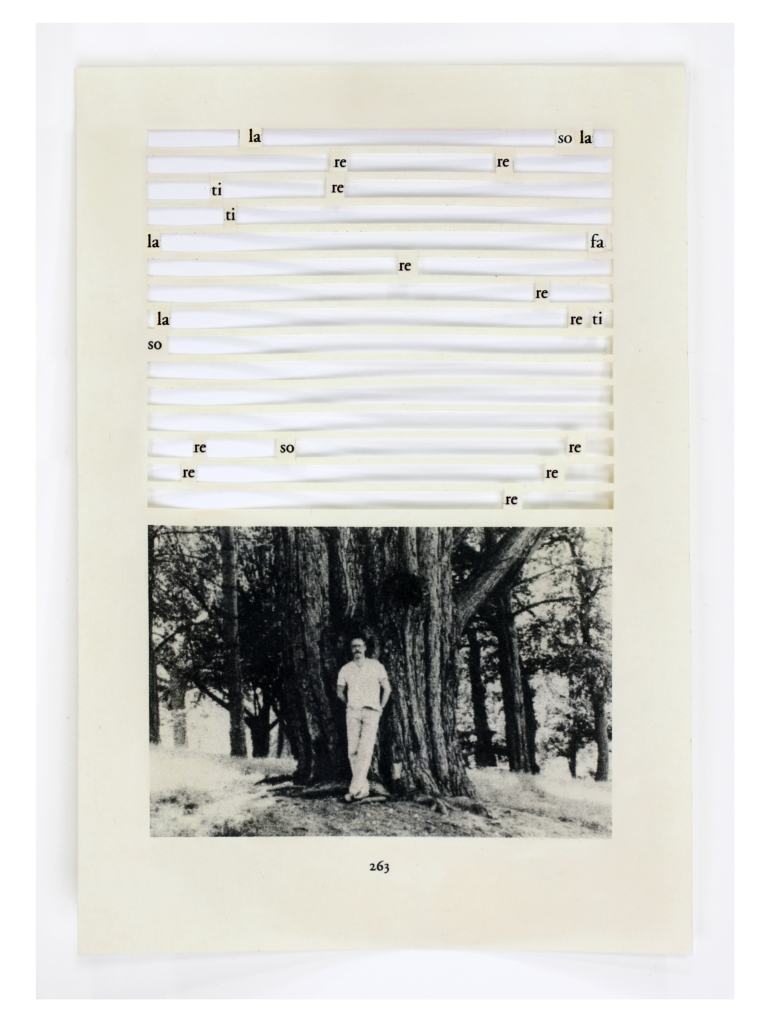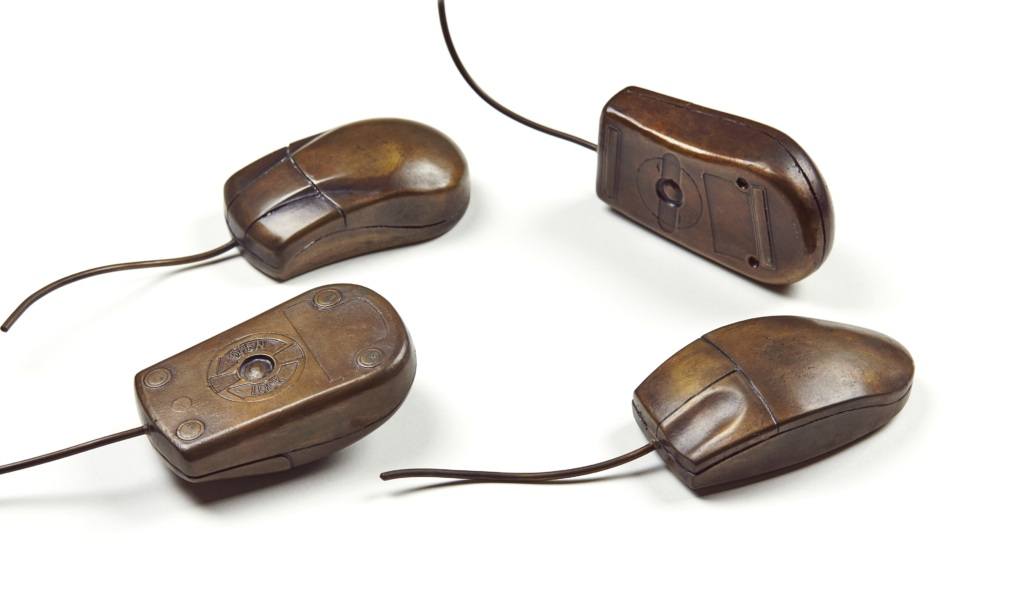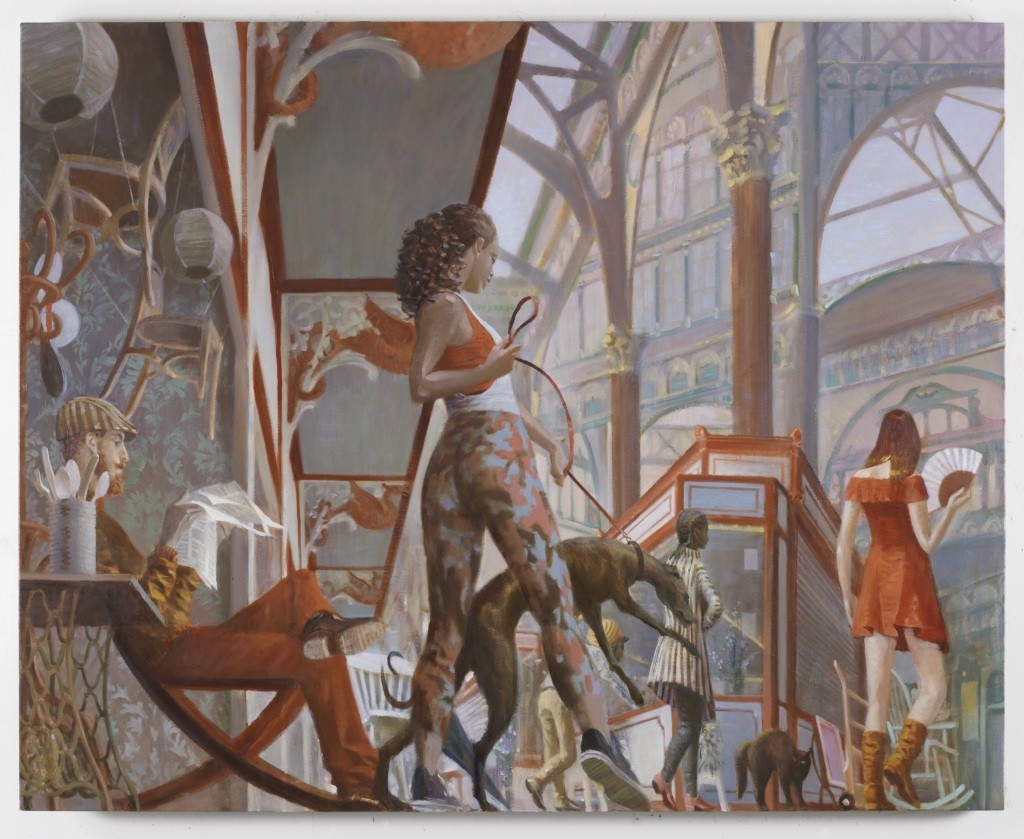Telematic Society
Vilém Flusser‘s theory of photography anticipated our current society in many ways, capturing how we become data processors for an overarching social system. But the blind spots in his theory can help us see the risks inherent in his style of seductive techno-prophecy
W.G. Sebald
While nominally a fiction writer, W.G. Sebald’s work remains theoretically prescient. Long before social media, he understood the suspicious anxiety inherent to learning about the world over social media. His works embrace this unease, accepting the unreliability of all individual sources, but also the obligation to make sense of them.
Inventing the Shipwreck
Conversations about technology tend to be dominated by an optimistic faith in technological progress. There is endless encouragement to think about all of the exciting benefits of new technology, but significantly less attention paid to the ways things might go spectacularly wrong. That’s where Paul Virilio comes in.
The Magnificent Bribe
Long before smartphones and social media, the social critic Lewis Mumford put a name to the way that complex technological systems offer a share in their benefits in exchange for compliance. He called it a “bribe.” The danger, as Mumford wrote, is that “once one opts for the system no further choice remains.”
Labors of Love
In a society that conflates work with identity, the fear that one’s job could become obsolete is fear for one’s very self. Consider the work of Ivan Illich, who advocated, among other things, for “the right to useful unemployment” — the freedom to pursue non-economic means of living.





